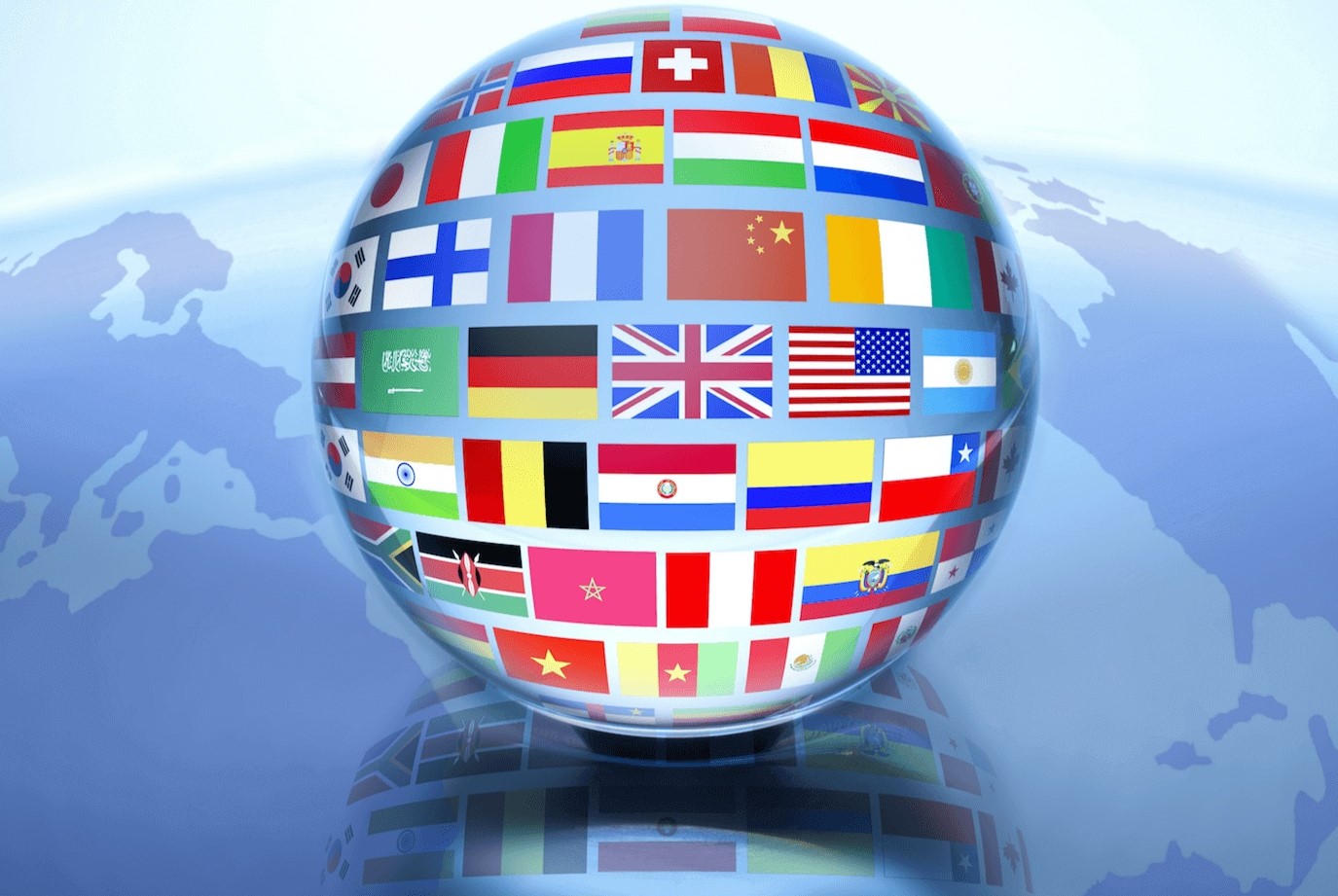
Languages are fascinating, aren't they? With over 7,000 spoken worldwide, they shape our thoughts, cultures, and connections. Ever wondered how many languages exist or which one has the most words? English boasts a vast vocabulary, but it's not the only one with intriguing quirks. Some languages have no written form, while others, like Mandarin, use characters instead of an alphabet. Did you know that the Basque language is a mystery, unrelated to any other? Or that Esperanto was created to foster global communication? Dive into these 29 facts about languages and discover the wonders of human expression!
The Diversity of Languages
Languages are fascinating and diverse. They shape cultures, influence communication, and connect people across the globe. Here are some intriguing facts about the world's languages.
-
There are approximately 7,000 languages spoken worldwide today.
-
The most spoken language by native speakers is Mandarin Chinese, with over 900 million speakers.
-
English is the most widely spoken language when considering both native and non-native speakers, totaling around 1.5 billion people.
-
Papua New Guinea holds the record for the most languages spoken in a single country, with over 800 distinct languages.
-
The language with the fewest speakers is Busuu, spoken by only eight people in Cameroon.
Language Families and Origins
Languages often belong to families, sharing common roots and characteristics. Understanding these families helps us trace the origins and connections between different languages.
-
The Indo-European language family is the largest, encompassing languages like English, Spanish, Russian, and Hindi.
-
The Sino-Tibetan language family includes Mandarin, Cantonese, and Burmese, among others.
-
The Afro-Asiatic language family covers languages such as Arabic, Hebrew, and Amharic.
-
The Niger-Congo language family is the largest in Africa, with languages like Swahili, Yoruba, and Zulu.
-
The Uralic language family includes Finnish, Hungarian, and Estonian.
Unique Language Features
Every language has unique features that make it special. These characteristics can range from grammar rules to sounds and writing systems.
-
The longest alphabet belongs to the Khmer language of Cambodia, with 74 letters.
-
The shortest alphabet is the Rotokas alphabet from Papua New Guinea, with only 12 letters.
-
The Hawaiian language has only 13 letters in its alphabet.
-
The Taa language, spoken in Botswana and Namibia, has the most phonemes (distinct sounds) of any language, with over 100.
-
The Pirahã language of the Amazon has no words for specific numbers, only concepts like "few" and "many."
Endangered and Extinct Languages
Languages can become endangered or extinct when they are no longer spoken by new generations. Efforts are being made to preserve and revive many of these languages.
-
UNESCO estimates that one language dies every two weeks.
-
Approximately 40% of the world's languages are endangered.
-
The last native speaker of the Eyak language in Alaska passed away in 2008.
-
The Cornish language of England was revived after being declared extinct in the 18th century.
-
The Maori language of New Zealand has seen a resurgence due to dedicated revitalization efforts.
Language and Technology
Technology has a significant impact on languages, influencing how they evolve and spread. It also plays a role in language preservation and learning.
-
The first language translated by Google Translate was Arabic.
-
Duolingo, a popular language-learning app, offers courses in over 30 languages.
-
Unicode, the standard for text representation in computers, supports over 150 scripts and thousands of characters.
-
Emoji, a modern form of pictographic language, originated in Japan in the late 1990s.
-
Machine translation technology is improving rapidly, with AI systems like GPT-3 capable of translating text with high accuracy.
Fun Language Facts
Languages can be quirky and fun, with many interesting tidbits that might surprise you.
-
The longest word in the English language is "pneumonoultramicroscopicsilicovolcanoconiosis," a type of lung disease.
-
The word "set" has the most definitions in the English language, with over 400 different meanings.
-
The Basque language, spoken in parts of Spain and France, is a language isolate, meaning it has no known relatives.
-
The word "OK" is one of the most universally understood terms, used in almost every language around the world.
Language Wonders
Languages are more than just words. They’re windows into different cultures, histories, and ways of thinking. From the clicks of Xhosa to the tonal melodies of Mandarin, each language offers a unique perspective on the world. Knowing that there are over 7,000 languages spoken today highlights the incredible diversity of human expression.
Understanding languages can also bridge gaps between people, fostering empathy and cooperation. Whether you’re learning a new language or just curious about linguistic quirks, every fact you uncover adds to your appreciation of our global tapestry.
Remember, languages evolve. They adapt to new realities and technologies, showing how dynamic human communication can be. So next time you hear someone speaking a different tongue, think of it as a chance to glimpse another part of our shared human experience. Keep exploring, keep learning, and celebrate the wonders of language.
Was this page helpful?
Our commitment to delivering trustworthy and engaging content is at the heart of what we do. Each fact on our site is contributed by real users like you, bringing a wealth of diverse insights and information. To ensure the highest standards of accuracy and reliability, our dedicated editors meticulously review each submission. This process guarantees that the facts we share are not only fascinating but also credible. Trust in our commitment to quality and authenticity as you explore and learn with us.


